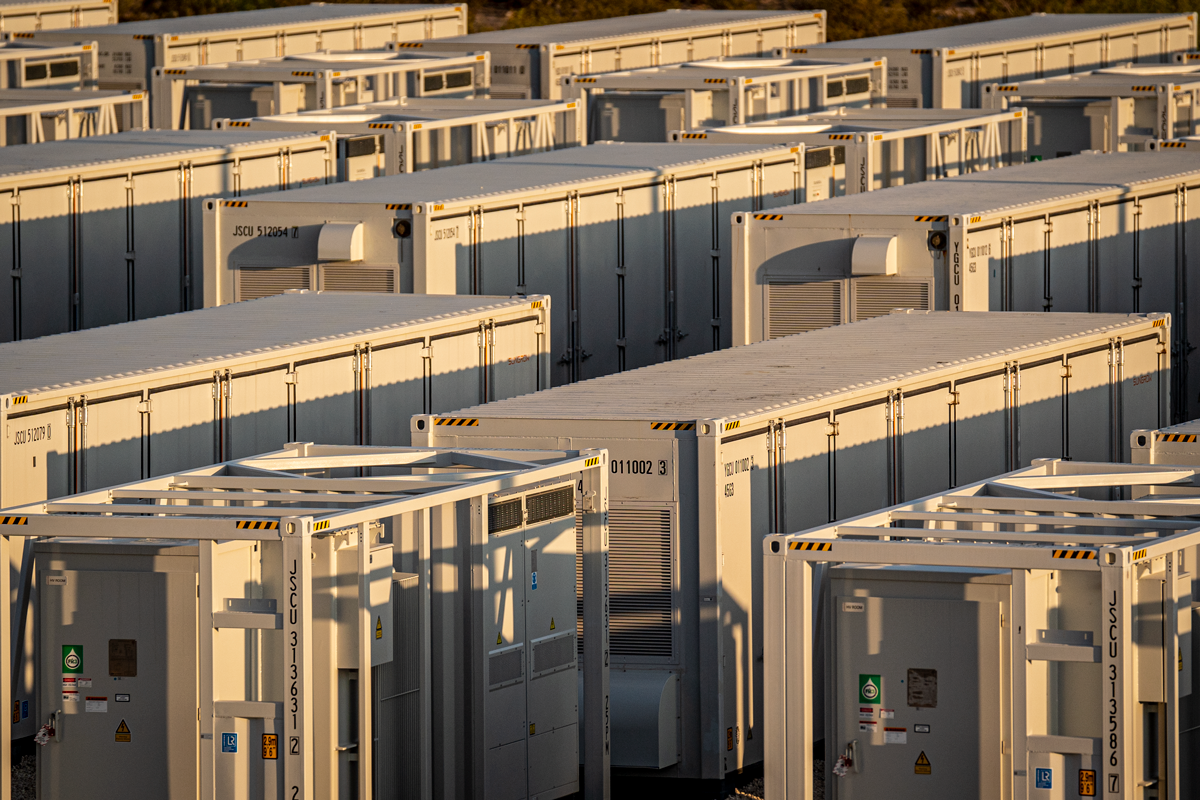Collaboration Key to Preparing Energy Transition Workforce, Experts Say
Published Aug 10, 2023 by Brina Morales
As energy companies and the Houston region look to prepare and develop the workforce necessary to support the energy transition, experts say collaboration among companies, educational institutions, the federal government and other organizations is fundamental.
Experts from across the Houston region discussed how organizations and companies are preparing the workforce of the future during a panel discussion at the Greater Houston Partnership’s UpSkill Works Forum on Aug. 3.
According to a BCG analysis, most Houston-based oil and gas workers will rely on just nine capability sets by 2050. “To ensure they have the right mix of competencies for the future, oil and gas companies will need to carry out a skills-based mapping exercise, starting with defining the expertise and capabilities needed to succeed in their chosen business areas, markets, and geographies,” a BCG publication on the energy transition states.
Maria Suarez-Simmons, senior director of energy policy for Energy Workforce & Technology Council, encourages companies to take a “holistic view” of the occupations they offer and adjust them to the needs of the future of energy. Saurez-Simmons added that energy companies should create messaging that communicates there are opportunities for all, not solely engineers.
Scott Marshall, senior group director for the people team in the Americas at Worley, said “We are in the transition today”, adding that companies should start reaching out to students at a much younger age to showcase available career paths if they are going to meet the demand. Worley offers several early career programs, including a global graduate development programs and STEM workshops for children.
Stacy Putman, manager of advocacy, leadership, workforce development and strategic projects at INEOS, shared how INEOS collaborates with schools, working with K – 12th-grade teachers to educate them on opportunities in sustainability, energy transition and manufacturing. Putnam also stressed the importance of being involved in an employee’s career journey.
In alignment with this strategic evolution, a growing number of companies are adopting skills-based hiring as a means to diversify their talent pool. This shift from the traditional reliance on four-year college degrees highlights the need for specialized skills aligned with the demands of the energy transition.
Raul Camba, managing director and Latin America lead at Accenture, helps energy companies navigate the energy transition but also focuses on the industry's adaptability within its operations, strategies and workforce. Camba said another tool to close the skills gap is to identify adjacent skills or related and transferable skills a worker already has and build upon them. Camba said forums like this one where employers can openly share the tools and resources they're utilizing will help companies find innovative solutions and colleges and universities design programs based on the region's needs.
Experts say the strategic alliance among industry, education and government serves as the cornerstone for building a skilled, resilient and future-ready energy workforce in Houston.
Join the Partnership for a conversation on September 14 on how companies can develop partnerships with educational institutions.
Learn about the Partnership's Houston Energy Transition Initiative and UpSkill Houston.
 The Houston Report
The Houston Report



















